Thankful for Science
Published November 16, 2018
Happy Thanksgiving! We’re thankful for our hardworking researchers that contribute to EPA’s mission to protect human and environmental health. Read about what some of our researchers are thankful for this year.
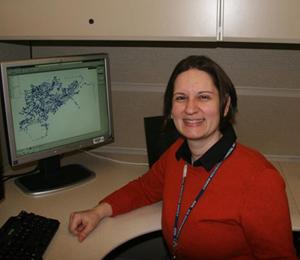
I am thankful for the opportunity to help fulfill EPA’s mission of increasing the security of drinking water and wastewater systems in the United States. —Jeff Szabo, Engineer
I am thankful for the good news coming from the recently released UN-backed report “Scientific Assessment of Ozone Depletion: 2018”, which shows that concentrations of stratospheric ozone-depleting chemicals continue to decrease. And that atmospheric ozone levels are thus recovering and projected to be at 1980 levels by 2030 for the Northern hemisphere and by 2060 for the Southern polar region. —Joseph Wood, Engineer
I’m most thankful for the other EPA people that I work with – their dedication and diligence make it possible for me to do my job. —Paul Lemieux, Engineer
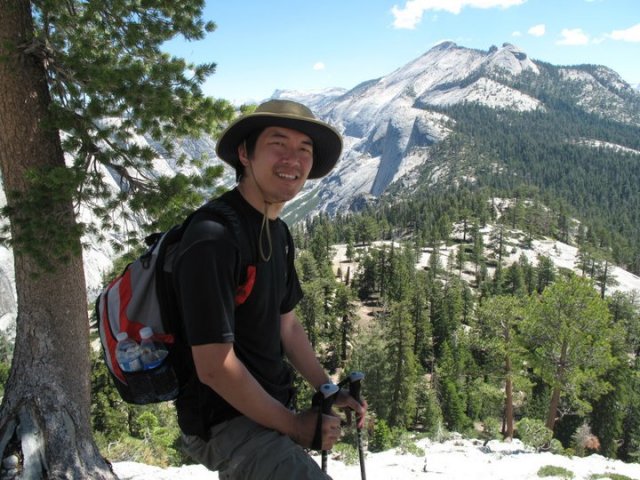
I am thankful for our partnership work with stakeholders in the various communities and stakeholder groups we serve. Helping solve real-world environmental problems with science is why I joined the Agency! —Michael Nye, Sociologist
I am thankful to the scientist who, about 100 years ago, figured out the equation to convert the amount of pollution in the air to how far we can see. Something to think about when gazing at a view from a mountaintop! —Gayle Hagler, Environmental Engineer
I am thankful for all the scientific information and knowledge, from source characterization to chemical speciation of the ambient atmosphere, that has led to increasing attainment of the air quality standards and improved public health. —Havala Pye, Research Physical Scientist
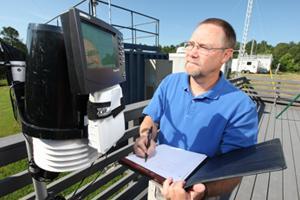
I am most thankful that the scientific work we do here at EPA matters. Our efforts to better understand air quality and emerging monitoring technologies are positively impacting our wide array of stakeholders with the knowledge and tools they need for their unique situations.—Ron Williams, Research Chemist
I am most grateful that data, which is the currency of science, is increasingly becoming more FAIR (Findable, Accessible, Interoperable, and Reusable). This in turn allows for better science. —Vasu Kilaru, Physical Scientist
I am grateful for scientific approaches that think outside the basic science “box” and consider every aspect of people’s lives and circumstances in characterizing the many small things that potentially contribute to making us sick, and thus, how we can build greater resiliency in human health. —Mehdi Hazari, Research Physiologist
I’m thankful for a lot of things. There has been a lot of focus and recognition on the scope of the impact of microplastics on the environment which has prompted a lot of new research on exposure and effects. I’m also fascinated and thankful for the explosion of research on microbiome effects on human health including direct connections of gut microbes to behavior and well-being. Finally, I’ve participated in mentoring activities and career fairs this year and I’m grateful to see a bright, motivated pool of young scientists eager to take on challenges in environmental science. —Paul Mayer, Supervisory Research Ecologist
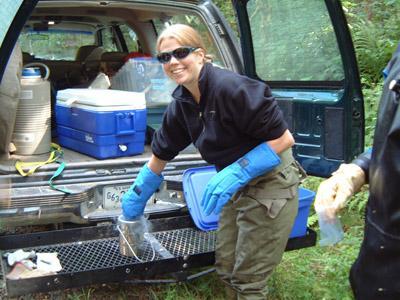
I am thankful for the students I meet who think about the impacts of human actions on the air, land and water. They intrinsically understand the concept of a carbon or nitrogen footprint and use technology like it is an extension of their arms. They volunteer to clean up beaches and carry around water bottles because every little bit helps. Some of them want to work for EPA when they graduate and I look forward to having them as colleagues. —Jana Compton, Research Ecologist
I have just returned from the meeting of the Society of Environmental Toxicology and Chemistry (SETAC) in Sacramento California. I was impressed by the large proportion of attendees who were young, enthusiastic and committed to the study of environmental science. I am thankful for the next generation of scientists who will be passionate stewards of the environment. —Will Boyes, Research Health Scientist
I am thankful for the incredibly talented science and support staff I’ve had a chance to work with this year. —Bob McKane, Research Ecologist
I am thankful for those in the past who had the foresight to take actions to preserve our environment and for all those in the present who continue working to do so. —Tim Shafer, Research Toxicologist
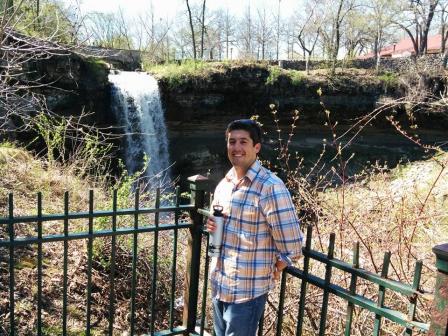
I am thankful for insightful, hard-working citizens and their local agencies that we work with in urban core areas. It’s in this teamwork that we see how wastewater, stormwater, and demolition technique are interconnected, and how these activities can be designed and aligned to render improved equity across multi-fold environmental and economic benefits. —Bill Shuster, Research Hydrologist
I’m thankful that, in the 28 years (thus far) that I have been with EPA, I have been able to witness (and play a small part in) the emergence and evolution of soil and groundwater remedial technologies – in particular the thermal remediation technologies - as they’ve gone from research projects to being commercially available technologies, to successful remediation of numerous Superfund sites. —Eva Davis, Hydrologist
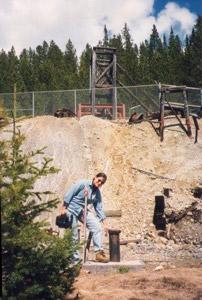
I am so thankful for being able to provide technical support assistance for contaminated sites to regions and program offices because it fulfills their needs or requests and gives me the opportunity to work, interact, and plan research with a group of very knowledgeable colleagues. —Diana Bless, Chemical Engineer
I think what I’m most thankful about this year, from the perspective of science and the environment, is to have the opportunity to apply my knowledge and expertise toward addressing challenges that affect the lives, livelihoods, and life experiences of real people, everyday – and to not just have to do this work alone (!), but to have the great privilege of being able to do it as part of an outstanding team of fellow scientists who are all also committed to using what they know in the service of a better environment for all of us. —Chris Weaver, Physical Scientist
Editor's Note: The opinions expressed herein are those of the researcher alone. EPA does not endorse the opinions or positions expressed.
